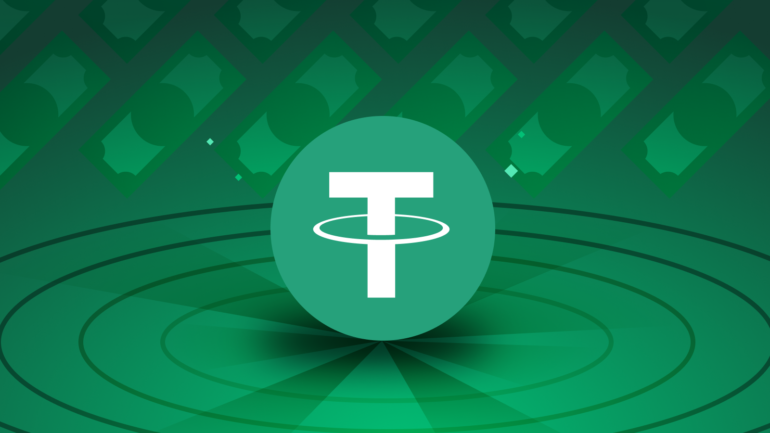Summary:
- USDT issuer Tether was ordered to make financial documents for its stablecoin available to the court.
- The order issued by a New York judge also applies to Bitfinex.
- Tuesday’s order is part of an ongoing class-action lawsuit launched in 2019.
- The plaintiff accused USDT’s issuer of providing misleading records for its stablecoin reserves and market manipulation.
A New York judge has ordered stablecoin Issuer Tether and the firm’s sister crypto exchange Bitfinex to provide financial records and documents that will clarify USDT’s reserves and backing.
The court order issued on Tuesday is part of an ongoing class-action lawsuit that started in October 2019. Five plaintiffs namely Aaron Leibowitz, Benjamin Leibowitz, David Leibowitz, Jason Leibowitz, and Pinchas Goldshtein accused Tether and Bitfinex of misleading reporting regarding USDT’s backing.
In the filing made to a Southern District Court in New York, the plaintiffs also accused both startups of manipulating cryptocurrency markets. The lawsuit requested that the relevant entities submit authentic financial documents to support and clarify exactly how USDT operates in terms of its backing and reserves.
Counsel for both digital asset companies denied the claims and petitioned the court to turn down the request.
Tuesday’s ruling means that Tether and Bitfinex are now legally obligated to comply with the request. Both companies must now submit documents including balance sheets, cash-flow statements, and general ledgers to name a few.
The plaintiffs also requested records regarding account balances held by the companies on crypto exchanges Bitfinex, Bittrex, and Poloniex among other digital asset exchanges. At press time, the lawsuit is expected to proceed as the prosecution and defendants argue their respective cases.
Tether’s USDT Faces Scrutiny
On several occasions, Tether has faced scrutiny regarding USDT’s reserves and financial backing for the stablecoin. The digital asset firm recently published multiple rebuttals to debunk rumors about its commercial paper holdings.
In its most recent USDT attestation, the company tapped auditing firm BDO and reported cash holdings, Treasury bills, and other financial holdings as backing for its stablecoin.

